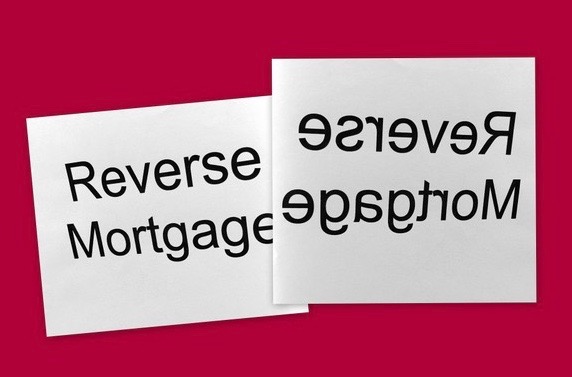
Reader Question: Reverse mortgages, good or bad. What to look for and avoid. I’m 81; it’s our primary residence, no mortgage – free and clear. We have a $1,000,000 second home that will go to our kids who all are well off. We just want to use some of our equity for travel. Your thoughts? John P.
Monty’s Answer: There is not enough information about your personal circumstances to comment on if a Home Equity Conversion Mortgage (HECM) is best for you. Federal law requires mortgage lenders to lend money to all consumers, even those in “protected classes,” one of which is age. So it is very likely you are eligible for the HECM mortgage if you qualify.
Primary structure of the HECM
- Loan Value Ratio is based on life expectancy. The older the borrower the higher the Ratio of Loan to Value.
- Both husband and spouse must be 62 or older if an under 62 spouse desires to remain on the title.
- Must attend a financial counseling session to demonstrate an understanding of the loan.
- When you move out or sell the house, you must repay the interest and principal on the loan.
- The property must be kept in good repair or risk foreclosure.
- Insurance and real taxes must always be current or risk foreclosure.
- If certain health conditions exist 12 months or longer, the loan becomes due and payable.
- In a situation where the loan balance exceeds the property value the estate can execute a deed in lieu of foreclosure and the house goes to the lender, or the estate can purchase the property for 95% of the property value. The value is determined by an appraisal ordered by the lender at the time the loan becomes due and payable.
- Verification of income, assets, credit history, and monthly living expenses is necessary.
About HECM products
There are three different sources of the HECM. A loan product developed by a private lender, a local government agency or nonprofit organization, and the Federal Housing Administration (FHA). There are also three different types of HECM loans. The amount one can borrow with FHA depends on the age of the youngest borrower, the current interest rate and a formula involving the $625,500 maximum loan, the appraisal and the sale price of the home (if you are buying down). A private product may have different features.
Never having obtained the HECM as a disclosure, the pros, and cons of the HECM product are:
Pros
- Borrowing against your equity only.
- No monthly payments.
- Disbursement is not taxable.
- Funds can be disbursed monthly, lump sum, or through a line of credit.
- Income is a factor, but to a lesser degree than a conventional loan.
Cons
- Reverse mortgages do not impact Social Security or Medicare. But certain circumstances could impact government programs such as Medicaid, or other state or local programs such as heating assistance.
- You cannot deduct interest until you pay off the loan.
- Lender closing costs and fees are higher than traditional loans.
- Retain typical homeowner expenses as insurance, utilities, real estate taxes, HOA fees and more.
- The loan is complicated, which is why counseling is required. Complex loans lend themselves to misunderstandings and even fraud. Here is an article on Know Your Options, by Fannie Mae that offers suggestions to protect yourself. This link to a Federal Trade Commission article has additional information including how to spot scams and high-pressure tactics.
From your brief description, it is possible you have other alternatives that may achieve your travel goals without using the HECM. Consider starting a conversation with your accountant, if you have not done so already. Estate planning concepts may offer other solutions, such as some loan against assets like stock, bonds or IRA’s. Another option may be selling some of those same holdings.
Consider investigating the concept of senior living communities. They come with different ideas, price ranges, and amenities, and many seniors find one that fits into their lifestyle. Here is an article about senior living you may find helpful. Your current housing situation is not clear in your question, but depending on the value of your home, you may be able to sell your current home and buy a smaller home. Here you raise free cash and have no loan. If you chose to rent instead of buying a smaller home, you would have even more money to travel.
Reverse mortgages are not for everyone
The perfect fit for a reverse mortgage is an older senior whose retirement program has gone sour; their spouse has passed away, and a need for some limited health care assistance in the near term. They had depleted their funds, and death and illness have cut into the social security income. All they have left is the equity in the house. A reverse mortgage allows the surviving spouse to live in their home for a significant period. Most seniors prefer “ Aging in place. ”


